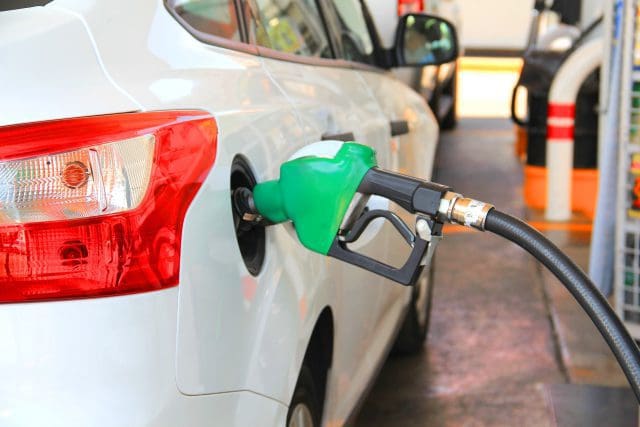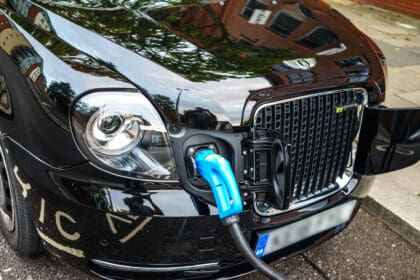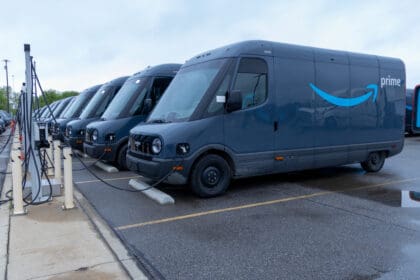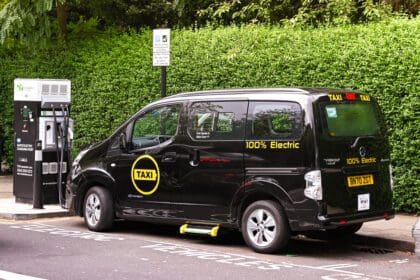Professional drivers know what it costs to run their business and put food on the table for their family.
This is why there has been concern about the 2030 ban on the sale of new petrol and diesel vehicles in the UK, especially when many feel the EVs replacing them aren’t yet up to the job.
One of the keys to a successful driving career is planning ahead, especially when it comes to replacing their taxi, PHV or van. Licensing authorities have clear rules about ages and conditions of vehicles and when they can no longer be used for taxi or other business work.
Budgeting for business
This helps drivers factor in the cost of upgrading their vehicle so that it fits in with their monthly budgets which include fuel, vehicle excise duty, maintenance and private hire insurance, public hire insurance or business insurance.
For example, in the event of a crash in which a taxi is written off, the driver’s taxi insurance will help them cover the cost of a replacement. But the 2030 ban meant that many taxi and other professional drivers felt they were being forced to replace their vehicle while there was still plenty of life left in them – and they would be selling them at a time when demand – and price – for them is expected to slump.
Taking the pressure off professional drivers
This is why Prime Minister Rishi Sunak’s decision to delay the ban until 2035 is good news for everyone who earns a living on the road. In the case of taxi drivers, it gives them 10 years from now to replace their petrol or diesel vehicle which, even if they have just purchased it, is the typical life span of a cab under many licensing authority regulations.
Not only does it mean taxi drivers don’t have to lose value with their current vehicles, it also means that EV technology will have advanced that much in a decade that the range of replacement electric taxis will be further and the infrastructure will be far better to accommodate the need of the taxi and professional driving industries.
EV sales
And it doesn’t affect those who have already made the switch or who are looking to upgrade to an EV in the near future which will be electric, but the delay gives everyone more time to find a solution that is right for them.
The Government is still aiming for 80% of new cars and 70% of new vans sold in Great Britain to be zero emission by 2030, increasing to 100% by 2035.
It also gives time to grow the charging infrastructure, with 43% more public charge points compared to last year, ahead of the government’s target of 300,000 charge points by 2030.
Transport Secretary Mark Harper said: “The path to zero-emission vehicles announced today makes sure the route to get there is proportionate, pragmatic and realistic for families.
“Our mandate provides certainty for manufacturers, benefits drivers by providing more options and helps grow the economy by creating skilled jobs.
“We are also making it easier than ever to own an electric vehicle, from reaching record levels of charge points to providing tax relief for EV owners.”
The extension gives taxi drivers and professional drivers time to find the right vehicle for the job, as well as allowing the second-hand EV market to develop to the point where a used EV is as affordable and reliable as a petrol or diesel equivalent is today, as sales of new EVs continue to increase.




